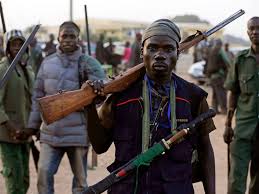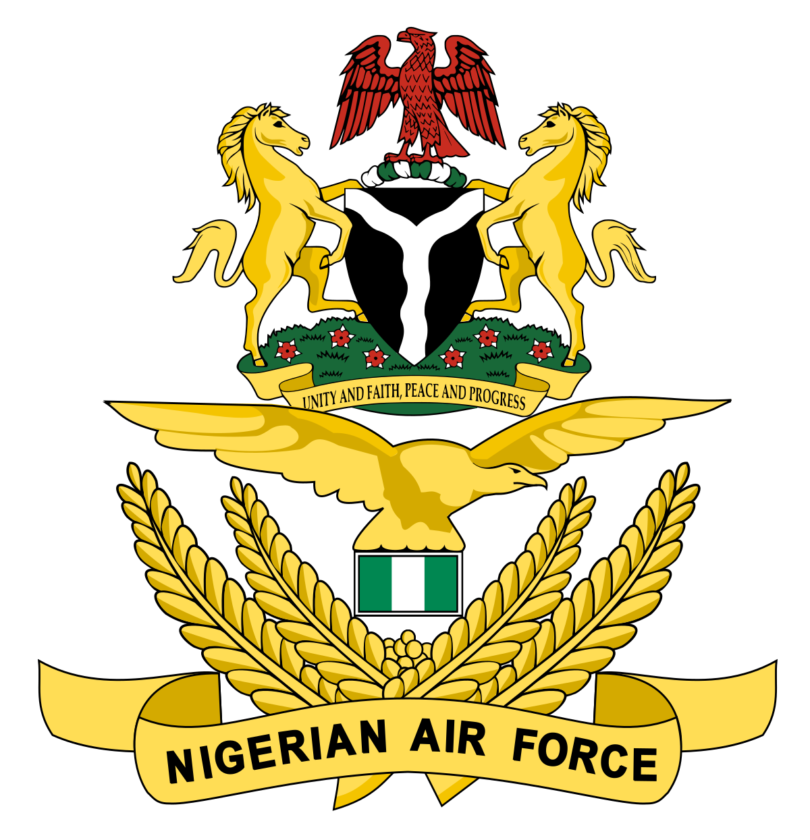In a significant development on Thursday, the Defence Headquarters (DHQ) announced that nine individuals have been added to Nigeria’s most-wanted terrorist list. The wanted terrorists, notably named without the usual bounties, include Abu Khadijah, Abdurrahman, Dadi Gumba (also known as Abu Muhammed), Usman Kanin Shehu, Abu Yusuf, Musa Wa’a, Ibrahim Suyeka, BA Sulhu, and Idris Taklakse.
During a press briefing in Abuja, the Director of Defence Media Operations, Major-General Edward Buba, highlighted the growing threats faced by Nigeria’s security forces, revealing the emergence of a new terrorist faction known as the ‘Lukarawas.’ According to Buba, this group is based in the northwestern region of Nigeria and is believed to be affiliated with the ISIS network operating across the Sahel region.
The Lukarawas group, which reportedly entered Nigeria from the Republic of Niger, started its infiltration of the northwestern states of Sokoto and Kebbi following the recent coup in Niger. This political upheaval disrupted the long-standing joint security operations between Nigeria and Niger, giving terrorists the opportunity to slip through borders and establish footholds in remote, rugged regions of Nigeria.
“This new group that has penetrated the northwestern part of the country, known as the Lukarawas, is affiliated with ISIS in the Sahelian region. It is indeed the first attempt by Sahelian jihadists to establish a foothold in our country,” Major-General Buba stated, emphasizing that the breakdown in cross-border military collaboration had previously held these factions at bay.
Buba also criticized some local communities in the northwestern states for allegedly harboring the terrorists, rather than alerting security agencies. According to him, locals initially accepted the presence of the Lukarawas, hoping the group would offer protection from other threats. However, as the terrorists settled in, they began enforcing strict rules, imposing levies, and spreading extremist ideologies.
“They came in the same way as Boko Haram,” he said. “They tell the men to grow long beards, the women to wear hijabs, and impose other such practices. They are easy to spot because of these traits. I continue to urge Nigerians to help us to help you. Now that we know where they are, we are finding them and flushing them out.”
Buba reiterated the importance of timely intelligence from citizens, urging residents to report suspicious activities immediately. He noted that the DHQ’s Intelligence, Surveillance, and Reconnaissance (ISR) operations are actively monitoring the Lukarawas and other terror elements in the region. However, he stressed that public support is critical to eliminating the threats entirely.
The Defence Headquarters has committed to increasing its counter-terrorism efforts, employing advanced ISR strategies to track and neutralize terrorists who exploit Nigeria’s vast, under-governed areas to evade detection and intimidate local communities. Buba assured that the military is diligently working to locate and dismantle the Lukarawas’ networks, promising that the insurgents would be driven out of their hideouts.
As Nigeria’s military intensifies its offensive against terror groups, the authorities urge citizens in affected regions to remain vigilant and report any unusual sightings, emphasizing that winning the war on terror is a collective effort.




